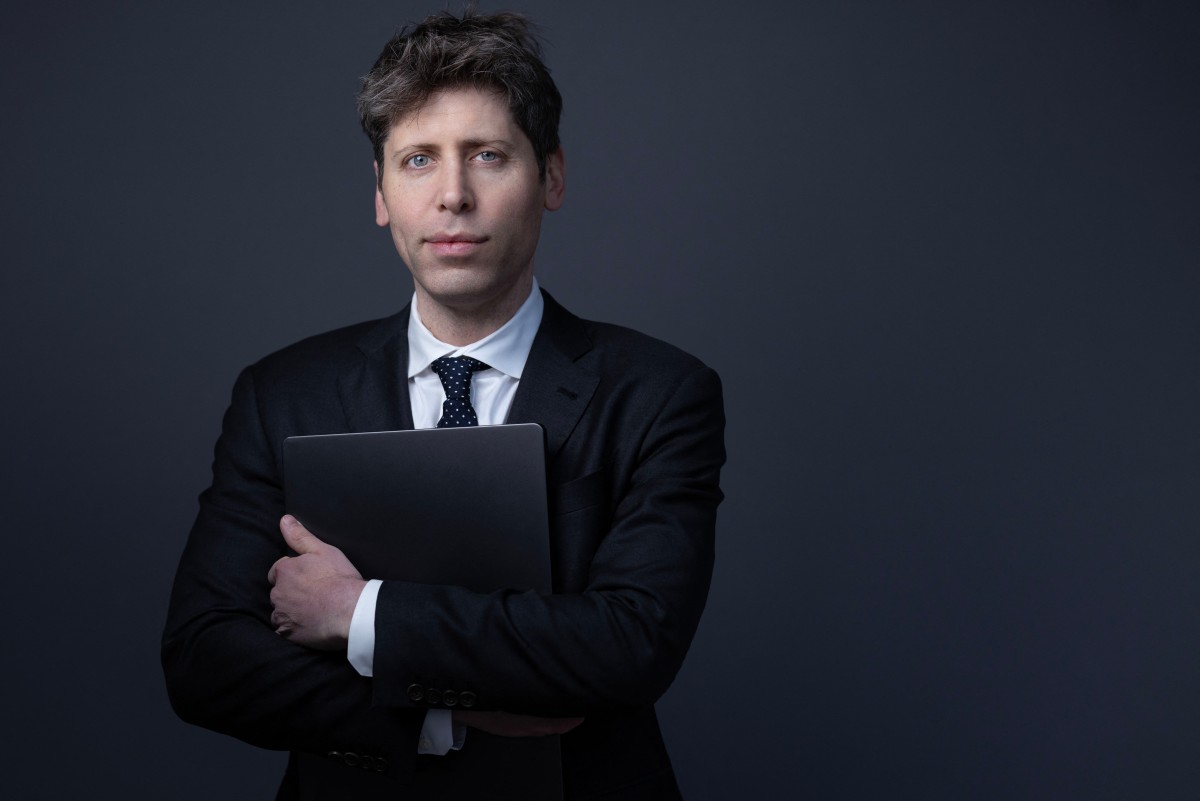San Francisco, United States – OpenAI CEO Sam Altman on Monday said the company behind ChatGPT would continue to be run as a nonprofit, as it abandoned a highly contested plan to turn into a for-profit organization.
But AI critics worried about the dangers of pursuing big profits on such powerful technology without the oversight of a nonprofit board of directors who acted in the interest of society and not making money for shareholders.
“We made the decision for the nonprofit to stay in control after hearing from civic leaders and having discussions with the offices of the Attorneys General of California and Delaware,” Altman said in an email to staff posted on the company’s website.
OpenAI was founded as a nonprofit in 2015 and created a “capped” for-profit entity allowing for a limited level of money-making.
Under its reform plan revealed last year, OpenAI would have become an outright for-profit public benefit corporation (PBC), in order for investors to feel more at ease about pumping in the tens of billions of dollars necessary to deliver on its promise.
But the plan drew fierce criticism from AI safety activists, as well as co-founder Elon Musk, who sued the company, which he left in 2018, claiming that the plan defied its founding philosophy.
Crucially, the plan requires the sign-off of the state governments in California and Delaware, where the company is headquartered and registered, respectively.
In the new plan, OpenAI’s capped money-making arm will now be fully open to make profits, but still under the responsibility of the nonprofit board.
“We believe this sets us up to continue to make rapid, safe progress and to put great AI in the hands of everyone,” Altman said.
The company, led by Altman, has become one of the most successful startups in Silicon Valley history — propelled to headlines in 2022 when it released ChatGPT, its generative AI chatbot.
Its corporate set-up imploded in late 2023 when the board fired Altman out of the blue. Staff rebelled and Altman was eventually reinstated, while those involved in his ouster left the company.
Alarmed by the situation, new investors demanded that OpenAI become a more classic for-profit outfit within two years.








